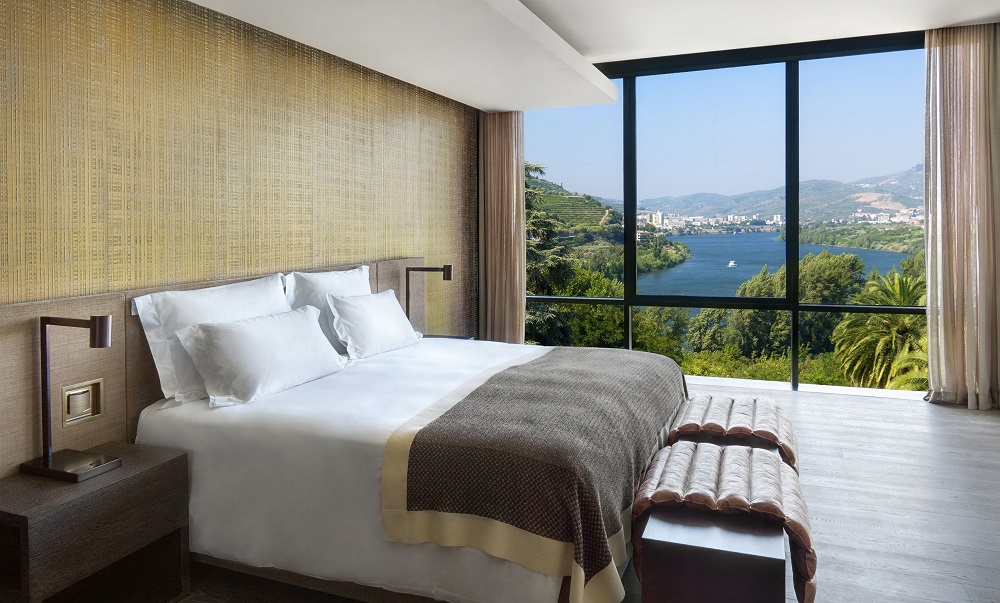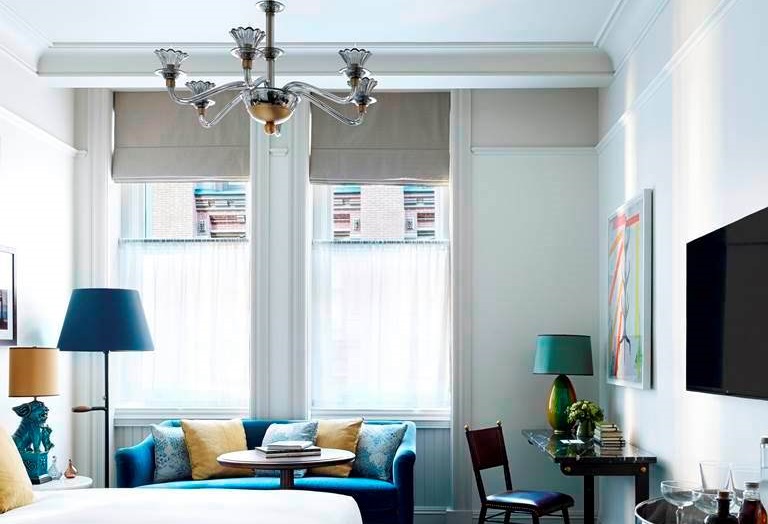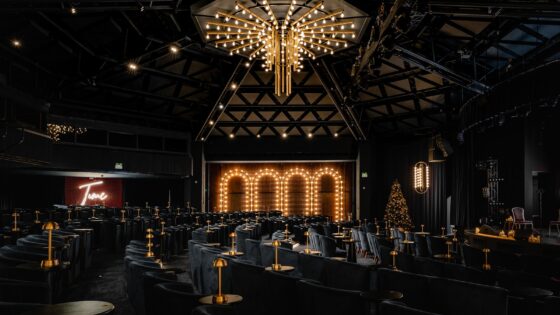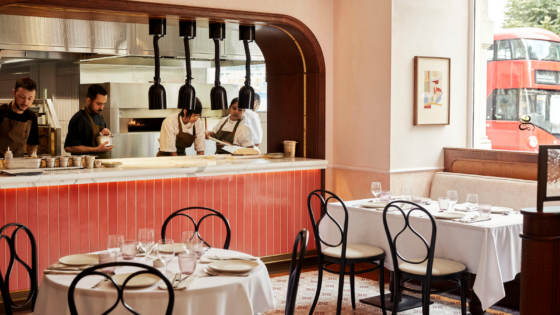I never cease to be amazed by the vast breadth of knowledge interior designers need in order to cope with all the different strands that need bringing together to create a successful interior design scheme.
They need to realise a harmonised interior which is above all a desirable destination, uses a refined colour palette, incorporates good proportions, is high on attention to detail and quality, has great style and is entirely practical in terms of the use for which the space is intended. The aim is always to give guests a great experience and ensure they look forward to returning.
But that is just the basics. Beyond that the interior designer has to have all the technical knowledge that goes in to the choice process when selecting individual components which go in to the room. Does the upholstery fabric meet relevant flammability regulations? Will the curtains fade through UV exposure? Will the wallpaper pattern repeat match the wall space available? Is the durability of the carpet suitable for contract use? Is all the electrical equipment suitably certified?
These and many other pieces of expert knowledge need to be at the designer’s fingertips to ensure they design a successful project.
That is where added value can come from the product supply chain who should undoubtedly be experts from within their own fields. At Chelsom, there was a time when our mantra of ‘give the client what they want’ meant exactly that, even if we felt the product designed and selected might not give the long term function or desired effect that was expected. Today we are proud that designers appreciate our expert knowledge and do ask us for advice with lighting issues.
Sometimes saying no is a real positive rather than a negative response because we are anticipating lighting problems which may not be immediately apparent.
For example, an aesthetic design may show a small diameter base on a table lamp to which we will say no as our software confirms it will not pass safety regulations for stability. We will advise that we cannot fit the requested dimmer switch because it is not compatible with the hotel’s existing dimming system. Sorry but we don’t recommend the touch switch you have requested because hotel guests will constantly be phoning the concierge to ask how to switch the lights on.
No you cannot have a one-piece ceiling plate on that chandelier because it needs access panels for maintenance and ventilation for the electronics inside. Rather than the crystals hanging on chains in your lobby visual, we would use delicate fixed rods to prevent the glass work swinging when open doors create a gust of wind.
Of course it is essential that if a manufacturer says something isn’t feasible, they have to propose an acceptable alternative based on their own expert knowledge. The interior designer therefore should always consider that he or she is consistently supported by a massive team of experts who can be trusted to give advice and opinions on the suitability of standard product or custom designs from within their own particular specialised area. Those manufacturers may not understand the whole story but they can certainly give added value in their own field.
For further information or to request a catalogue please contact 01253 831400 or email sales@chelsom.co.uk.







